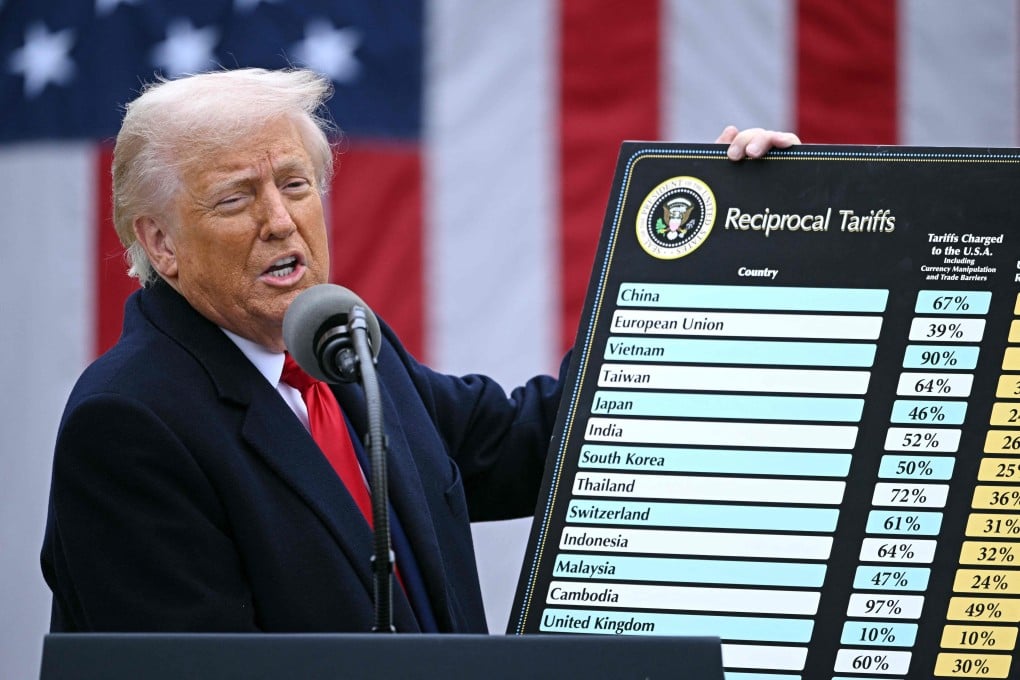Ahead of Trump’s tariffs, most MNCs in Singapore worry about slowdown: survey
The survey by AmChamSG, conducted before Trump’s 10 per cent universal tariff move, reveals fears over rising costs and supply disruptions

Among the 36 multinational companies surveyed – many of which are American firms with operations in Singapore – over two-thirds flagged increased costs and operational complexities as some of the adverse effects felt by their businesses amid global uncertainties.
“The survey results reveal a complex picture of concern, caution, and strategic hesitation among companies operating in Singapore,” the report, released on Wednesday, stated.
“While most respondents are already grappling with rising costs, supply chain disruptions, and regulatory complexity, uncertainty remains high. The nearly even split between companies anticipating operational impacts and those unsure or expecting no change underscores the lack of consensus on the long-term implications of these tariffs.”
In a press release on Wednesday, Hsien-Hsien Lei, chief executive officer at AmChamSG, said the survey findings revealed tariffs and trade tensions had brought about an atmosphere of “greater uncertainty”, which could result in delays that would impact business operations.
Responding to queries from This Week in Asia, Lei said that there was some surprise among member companies that the 10 per cent universal tariff applied to Singapore, which has an existing free-trade agreement (FTA) with the United States.